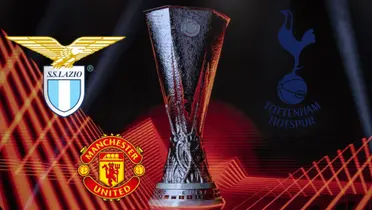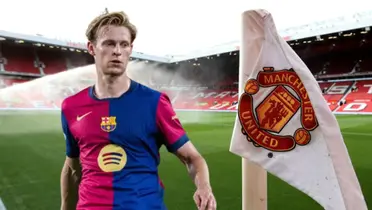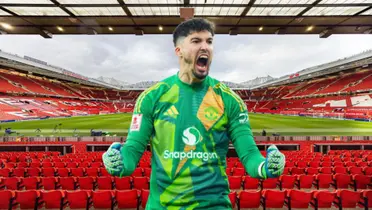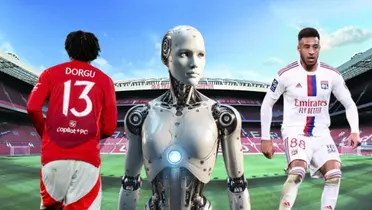How does politics impact Manchester United? Keys to its management and future
Politics in the Theatre of Dreams: An analysis of the impact on Manchester United

The political sphere, often perceived as distant from the pitch, exerts a palpable influence on the management of football clubs of Manchester United's magnitude. This football giant, with a rich history and a global fan base, constantly finds itself at the intersection of political decisions that shape its future.
The relationship between politics and football manifests itself in multiple ways, from financing and sponsorships to regulations and the social climate. In the case of Manchester United, this interaction is particularly complex due to its status as one of the most prominent clubs in the world.
Foreign investments and geopolitics: The case of the Red Devils
The arrival of foreign investors in English football has transformed the landscape of the sport, and Manchester United is no stranger to this reality. The club's current ownership, with its roots abroad, introduces a layer of geopolitical complexity into decision-making.
International tensions and economic policies can affect the owners' ability to invest in the club, as well as its perception globally. Political stability and international relations become crucial factors for Manchester United's long-term planning.
Regulations and sports policies: A level playing field
Football, like any industry, is subject to regulations and policies that seek to maintain fairness and sustainability. Financial Fair Play (FFP), for example, is a regulation that limits clubs' spending in relation to their income.
These regulations can have a significant impact on Manchester United's ability to compete in the transfer market and on its long-term development strategy. Political decisions on FFP and other sports regulations can alter the competitive balance in English and European football.
Fan pressure and social climate: A key political factor
The voice of the fans, an essential element in English football culture, can exert considerable pressure on club management. Protests and social movements can influence decisions on signings, internal policies, and the club's general direction.
In the case of Manchester United, protests against the current ownership have been a clear example of how social pressure can become a relevant political factor. The club's ability to navigate these tensions is crucial to its stability and public image.
The future of Manchester United in a volatile political environment
The global political and economic landscape is constantly changing, and Manchester United must adapt to these fluctuations to ensure its long-term success. Political stability, international relations, and economic policies can have a direct impact on the club's ability to attract investment, sign players, and maintain its competitiveness.
The possible sale of the club and the arrival of new investors add an additional layer of uncertainty. The direction Manchester United takes in the coming years will largely depend on its ability to navigate this complex political environment.
In an increasingly globalized and interconnected world, Manchester United must navigate a complex political landscape to maintain its status as one of the most important clubs in the world.
What you should know about the political influence on Manchester United:
- Politics directly influences the club's finances, from foreign investments to sponsorships.
- Geopolitical tensions can affect the owners' ability to invest and the club's global perception.
- Sports regulations, such as Financial Fair Play, limit spending and alter the competitive balance.
- Fan pressure and social movements can influence club decisions.
- Manchester United's future depends on its ability to adapt to a volatile political and economic environment.
- The influence of politics on the management of a football club like Manchester United is undeniable.
- From financial decisions to sports regulations and social pressure, politics plays a crucial role in shaping the club's future.
More news
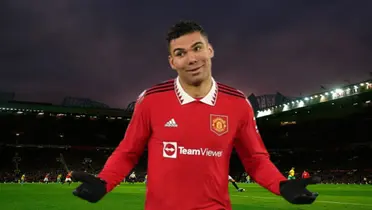
The Numbers Don't Lie: Casemiro's Dominance Returns
31/03/2025

United's Dream Pairing: The Duo Fans Are Eager to See
31/03/2025
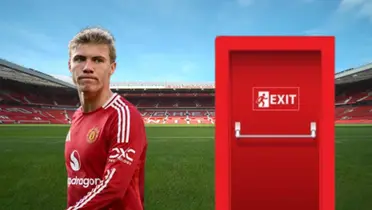
Hojlund's Fate: Will He Stay or Leave Man United?
31/03/2025
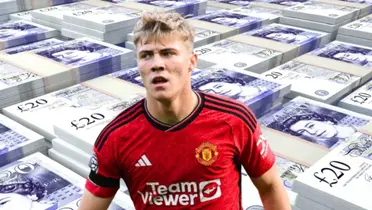
Højlund's Plummeting Value: A Cause for Concern at Man United
31/03/2025
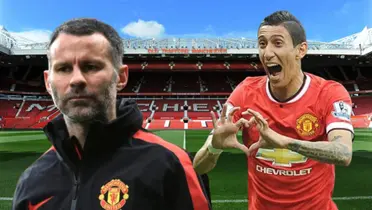
Giggs' Misjudgement: Depay's Free-Kick Hopes Fall Flat
31/03/2025
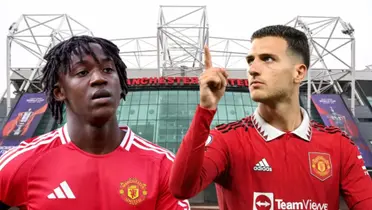
Man United's Summer Clearout: Players on the Chopping Block
31/03/2025
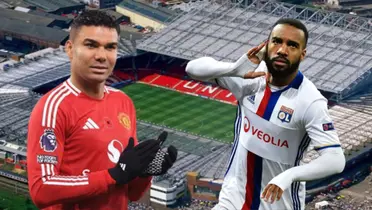
Financial Divide: Man United's Value Dwarfs Olympique Lyon's Squad Cost
30/03/2025
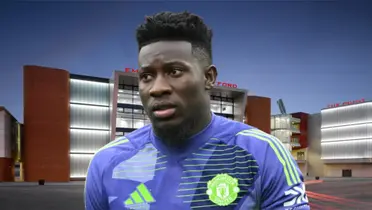
Onana Exit Rumors Swirl: How the Goalkeeper Is Responding
30/03/2025
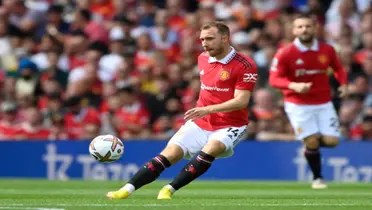
Eriksen breaks the silence about the rumors of not renewing
30/03/2025
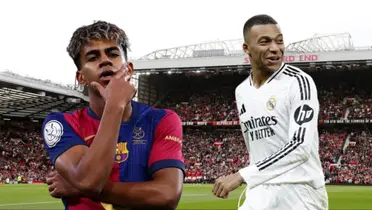
World-Class Player Available: Romano Reveals Transfer Bombshell
30/03/2025
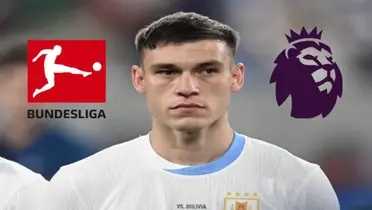
Ugarte's Premier League Insight: Key Differences From Ligue 1 Revealed
30/03/2025
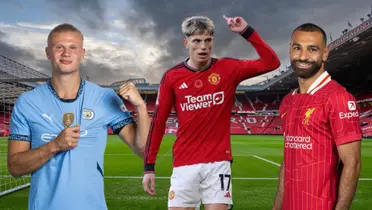
Garnacho Outshines Salah and Haaland: A Stunning Statistical Triumph
29/03/2025
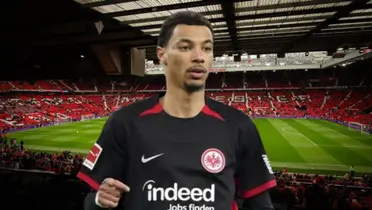
Ekitike's Staggering Stats: Why Man United Are Keen
29/03/2025
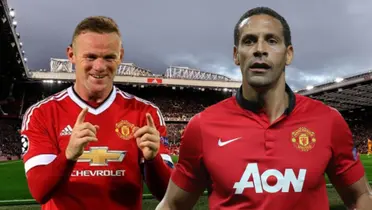
Beyond Legends: The United Player Who Rewrote Investment History
29/03/2025
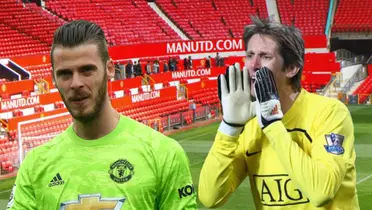
Manchester's Goalkeeping Giants: Who Reigns Supreme?
29/03/2025
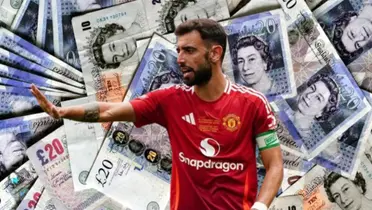
Fernandes' Fortune: Unveiling the Price Tag of United's Captain
29/03/2025
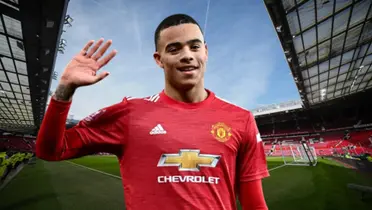
The Manchester United jewel that was rumoured for Barcelona ended up in an exotic league
29/03/2025

Father's Faith Pays Off: 100 Pound Bet on Son's United Debut
29/03/2025




